Intro
Discover how Metoprolol Succinate ER works to lower blood pressure, reduce angina symptoms, and manage heart failure through beta-blockade, slowing heart rate, and improving cardiovascular health with its extended-release formula.
Metoprolol succinate ER, a medication known for its effectiveness in treating various cardiovascular conditions, has been a cornerstone in the management of heart-related diseases. Its mechanism of action and the ways it benefits patients are multifaceted, making it a versatile and widely prescribed drug. Understanding how metoprolol succinate ER works can provide valuable insights into its therapeutic applications and potential benefits for individuals suffering from heart conditions.
The importance of metoprolol succinate ER lies in its ability to address several critical aspects of cardiovascular health. By reducing the heart's workload, metoprolol succinate ER can help manage conditions such as high blood pressure, chest pain (angina), and certain heart-related complications. Its impact on the heart's functioning and the body's overall cardiovascular system is significant, making it a crucial medication for many patients.
Metoprolol succinate ER's role in cardiovascular health is not limited to just one or two benefits. Instead, it offers a range of advantages that contribute to its widespread use. From improving survival rates in patients with heart failure to reducing the risk of heart attacks, metoprolol succinate ER has proven to be a valuable asset in the treatment of various cardiovascular conditions. Its effectiveness, combined with its relatively favorable side effect profile, makes it a preferred choice among healthcare providers for managing heart health.
Introduction to Metoprolol Succinate ER
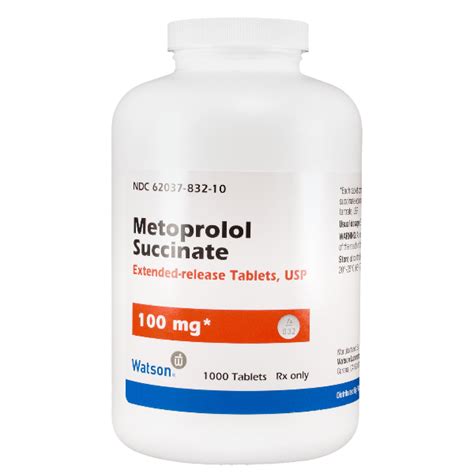
How Metoprolol Succinate ER Works
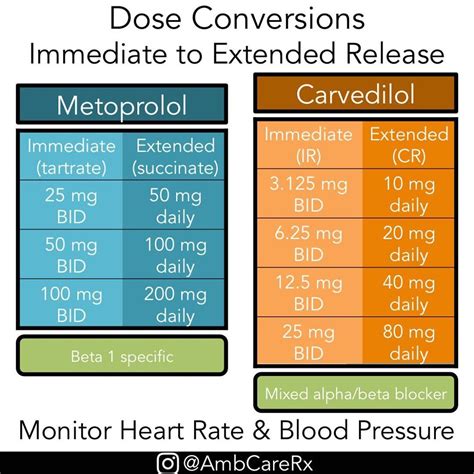
Benefits of Metoprolol Succinate ER
The benefits of metoprolol succinate ER can be seen in its ability to: - Reduce the risk of heart attacks and strokes in patients with high blood pressure. - Manage symptoms of angina by reducing the frequency and severity of chest pain episodes. - Improve survival rates in patients with heart failure by reducing the heart's workload and improving its pumping efficiency. - Lower blood pressure in patients with hypertension, reducing the risk of cardiovascular complications. - Provide a relatively favorable side effect profile compared to other cardiovascular medications, making it a tolerable long-term treatment option for many patients.Therapeutic Applications of Metoprolol Succinate ER
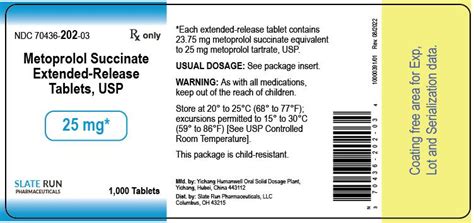
Steps for Taking Metoprolol Succinate ER
To get the most out of metoprolol succinate ER, patients should follow these steps: 1. **Take as Directed**: Take the medication exactly as prescribed by your healthcare provider. Do not skip doses or stop taking the medication without consulting your doctor. 2. **Monitor Blood Pressure**: Regularly monitor your blood pressure to ensure it is within a healthy range. 3. **Report Side Effects**: Inform your healthcare provider about any side effects, especially if they are severe or persistent. 4. **Lifestyle Changes**: Combine metoprolol succinate ER with lifestyle changes such as a healthy diet, regular exercise, and stress reduction to maximize its benefits.Practical Examples and Statistical Data
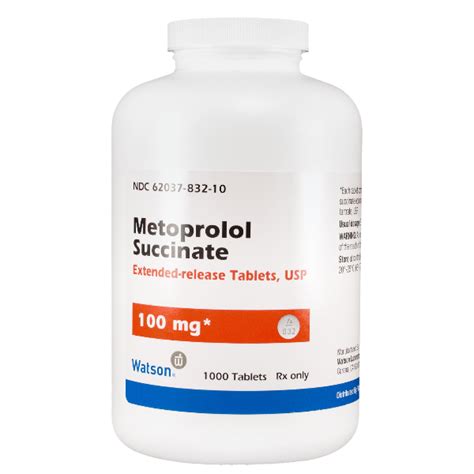
Key Information Related to Metoprolol Succinate ER
Key points to remember about metoprolol succinate ER include: - It is a long-acting beta-blocker, meaning its effects last throughout the day with once-daily dosing. - It should be taken consistently, either with or without food, to maintain its therapeutic effects. - Patients should not stop taking metoprolol succinate ER abruptly, as this can lead to withdrawal symptoms or worsening of their condition. - Regular follow-up with a healthcare provider is essential to monitor the medication's effectiveness and adjust the dosage as needed.Conclusion and Future Directions
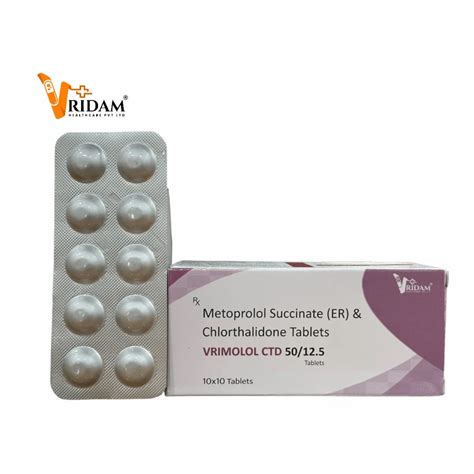
Final Thoughts on Metoprolol Succinate ER
Metoprolol succinate ER's impact on cardiovascular health is undeniable. By understanding how it works and its therapeutic applications, patients and healthcare providers can work together to manage heart conditions more effectively. Whether used alone or in combination with other medications, metoprolol succinate ER remains a valuable tool in the fight against heart disease.What is metoprolol succinate ER used for?
+Metoprolol succinate ER is used to treat high blood pressure, chest pain (angina), and heart failure. It works by reducing the heart's workload and improving its pumping efficiency.
How does metoprolol succinate ER work?
+Metoprolol succinate ER works by blocking the effects of the hormone epinephrine (adrenaline) and reducing the heart rate and the heart's output, which leads to a decrease in blood pressure and a reduction in the heart's oxygen demand.
What are the benefits of taking metoprolol succinate ER?
+The benefits include reducing the risk of heart attacks and strokes, managing symptoms of angina, improving survival rates in patients with heart failure, and providing a relatively favorable side effect profile compared to other cardiovascular medications.
We invite you to share your thoughts and experiences with metoprolol succinate ER in the comments below. If you found this article informative, please consider sharing it with others who might benefit from understanding the role of metoprolol succinate ER in managing cardiovascular health. Your engagement and feedback are invaluable in helping us create more relevant and helpful content for our readers.
